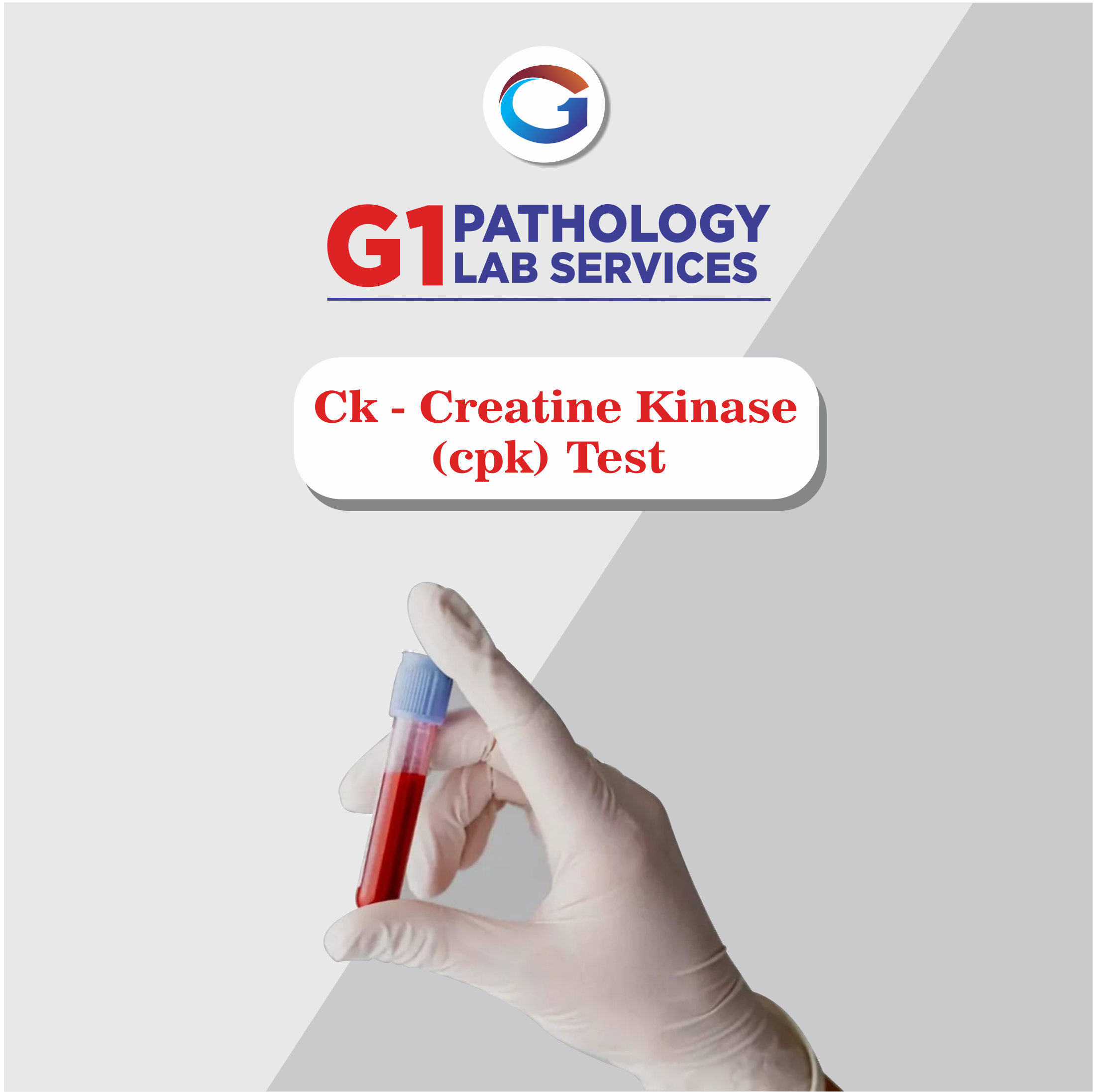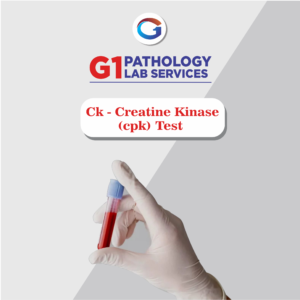A CK test may be ordered whenever muscle damage is suspected and at regular intervals to monitor for continued damage. It may be ordered when you have experienced physical trauma, such as crushing injuries or extensive burns or when you have symptoms associated with muscle injuries such as muscle pain or weakness. Sometimes it may be ordered when a person has chest pain and a heart attack is suspected. Creatine phosphokinase (CPK) is an enzyme present in your bloodstream. Enzymes are molecular compounds that influence and regulate vital biochemical processes and reactions in your body. Several vital processes of your body are under the influence of enzymes that regulate different steps of important biological cycles. Creatine phosphokinase is an essential enzyme that influences your muscle functions. Creatine kinase (CK) helps in the reaction between other compounds that form phosphocreatine, a chemical molecule. This molecule is used to supply cells and tissues with ATP, the main source of energy at the cellular level. This process supplies energy to vital parts of our body, including the heart, brain and skeletal muscles. Usually, CPK exists in skeletal muscles, heart tissue and brain, etc. In the case of a muscular injury, creatine phosphokinase leaks into the bloodstream. The presence of CPK in the bloodstream is an indicator of muscular damage. The CPK enzyme has different variants; one of them is CK-MB. CK-MB is a specific indicator of myocardial muscle damage and is one of the most reliable markers of acute myocardial infarction (heart attack). Doctors prescribe the CPK test if a patient has complaints of muscle ache, stiffness, paralysis, confusion, etc. The results of the creatine phosphokinase test can also be used to diagnose a heart attack and cause chest pain. According to reports, India has one of the highest cases of cardiovascular conditions. It is expected that the number of yearly deaths due to CVD will rise to 4.77 million by 2020. Rural populations have 1.65 to 7.4% people suffering from coronary heart diseases and 1% to 13.2% population from the urban areas are afflicted from cardiovascular diseases.
Shopping Cart







Reviews
There are no reviews yet.